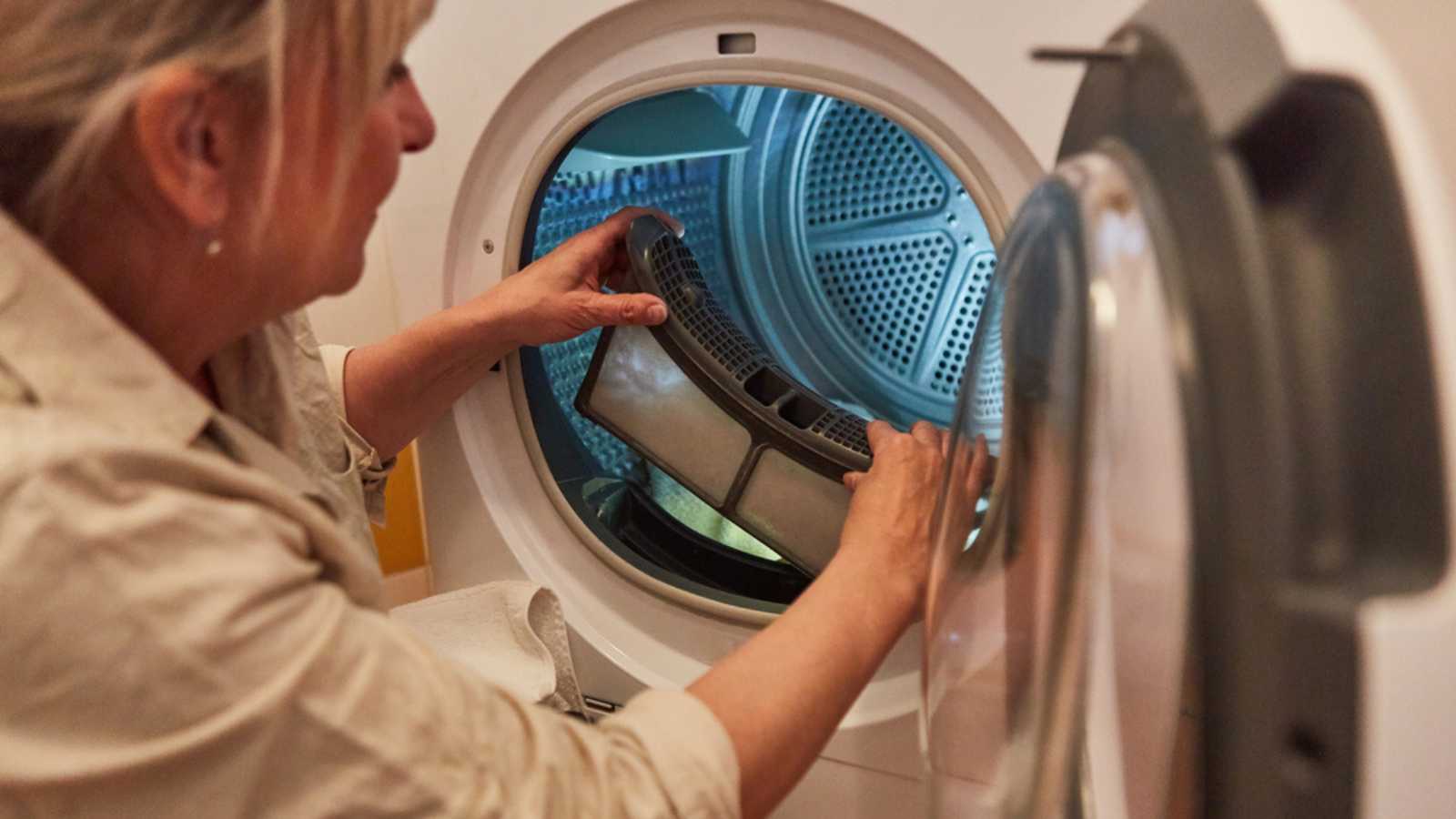Unveiling the surprising hygiene mistakes most people make, this list highlights everyday habits that can lead to unwanted germs and health issues.
Neglecting Your Phone

Because our phones serve as a haven for bacteria, it’s important to routinely wash them off with an alcohol-based wipe to stop bacteria from getting on your face and hands.
Washing Your Hair Too Much

Daily hair washing can deplete your hair of its natural oils, rendering it dry and vulnerable to breakage. Washing at least once every two to three days should be enough for most people.
Not Regularly Replacing Your Bath Sponge

The regular dampness and warmth of bath sponges create the ideal environment for the growth of germs. To ensure adequate hygiene, it’s crucial to replace them at least once every three to four weeks.
Making Use Of Expired Cosmetics

Products like skincare and makeup have a shelf life. Itching, breakouts, and infections on the skin might result from using them after their expiration dates.
Poor Toothbrush Care

Toothbrush maintenance is very necessary. After each use, give it a good rinse, then keep it erect in an open jar to air dry. It may turn into a bacterial spawning ground if kept in a contained area. Always keep your toothbrush in a clean container, and if at all feasible, wash it with hot water before use. Additionally, even if your toothbrush “looks OK,” replace it every three months.
Missing Out On Morning Face Wash

Overnight, you produce oils and eradicate skin cells. When you wash your face in the morning, you get rid of this accumulation, refresh your skin, and prepare the surface for the rest of your skincare regimen.
Not Washing Your Hands Before Starting Your Skincare Routine

Before beginning your skincare regimen, always wash your hands because using any products with dirty hands might spread germs to your face.
Leaving Your Tongue Out When Brushing

Don’t forget to clean your tongue when cleaning your teeth (or apply a tongue wiper), because your tongue may contain germs that might cause dental decay.
Using Q-Tips To Clean Your Ears

Earwax is self-cleaning and protective. Q-tips can push wax further into your ear, which might be harmful. Instead, use a washcloth to gently wipe the outside part of the ear.
Using Unclean Makeup Brushes

The accumulation of germs, oil, and product residue on makeup brushes can lead to skin issues. Your skin can stay healthy if your brushes are cleaned often.
Leaving Wet Clothes

Try your best to transfer clothing to the dryer right away once the washing process is complete because leaving wet laundry in the washer might encourage the formation of mold and mildew.
Putting On Shoes Inside

Dirt and germs may enter your house through your shoes. To maintain a clean floor, think about implementing a no-shoes-inside rule.
Not Flossing Everyday

Flossing removes food particles and plaque from the mouth that your toothbrush cannot reach. On the other hand, failing to floss might result in decaying teeth and gum disease. Although it’s essential to brush your teeth, doing so simply cleans the outside of your teeth. When you floss, you get to the spaces between your teeth where plaque and germs can accumulate and cause cavities.
Not Keeping Your Glasses Clean

Oils and germs from your glasses may find their way onto the skin and into the eyes. Daily cleaning of your glasses might aid in preventing eye infections and skin outbreaks.
Going To Sleep With Makeup

It may be tempting to go sleep without removing your makeup after a long, tiring day. This is one of the most heinous hygiene errors you can commit. Your eyes can suffer significant harm if you don’t wash off your eyelash extensions, mascara, and other eye makeup. The bacteria that make up harbors may move behind your eyelids and cause styes, irritated follicles along the line of your lashes, and life-threatening skin infections. These infections might eventually result in blindness if left untreated.
Rarely Washing Your Bed Sheets

Some people avoid doing laundry like the plague, yet this disgusting habit will only lead to problems. And it’s not just about clothing; bed sheets that haven’t been cleaned in weeks (or longer) turn into a breeding ground for germs, fungi, dust mites, and more. In the worst instance, dirty bed linens, as well as pajamas and clothing, will result in a staph infection. A staph infection that enters the circulation can worsen and progress to potentially lethal conditions like toxic shock syndrome or sepsis.
15 High-Paying Jobs People Refuse, Even with a $100,000 Monthly Salary

10 Stupid and Unhealthy Foods Americans Should Stop Eating

10 Scams That Are So Sneaky, You’ll Be Surprised You Fell for Them. Have You?

Are Men Really Expected to Embrace These 12 Outlandish and Unfair Roles in Modern Society?

14 High-Paying Jobs Designed Perfectly for Introverts

